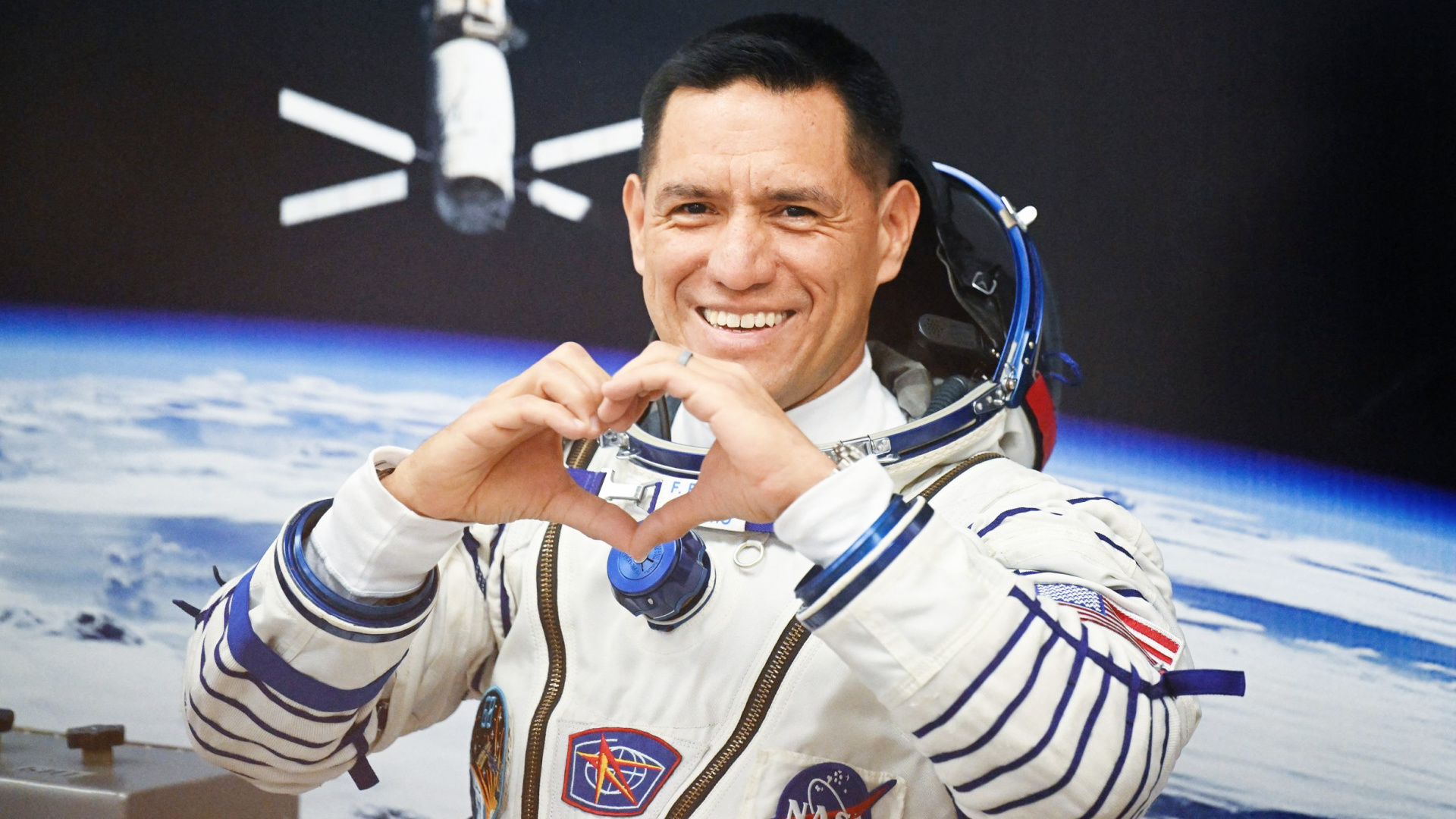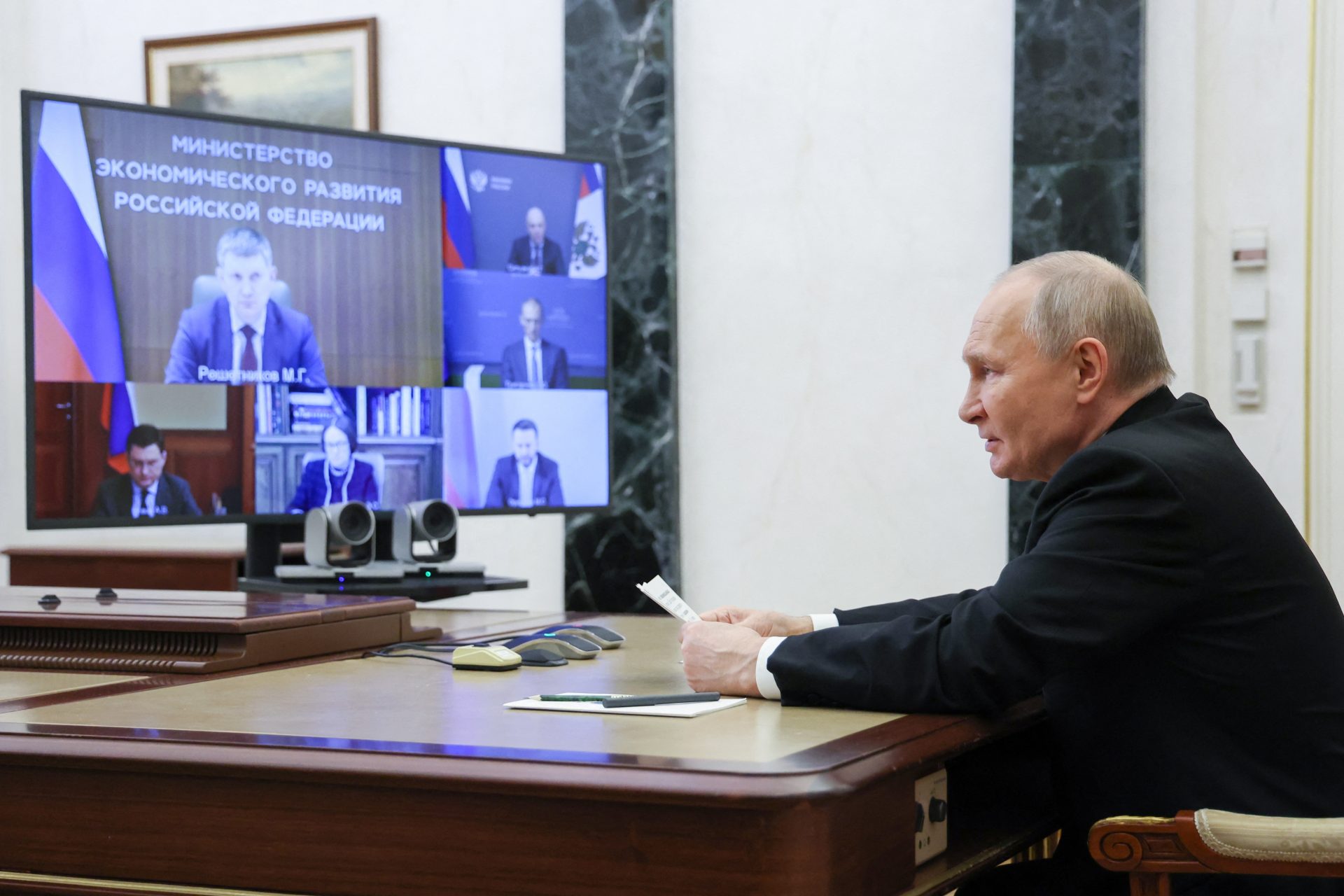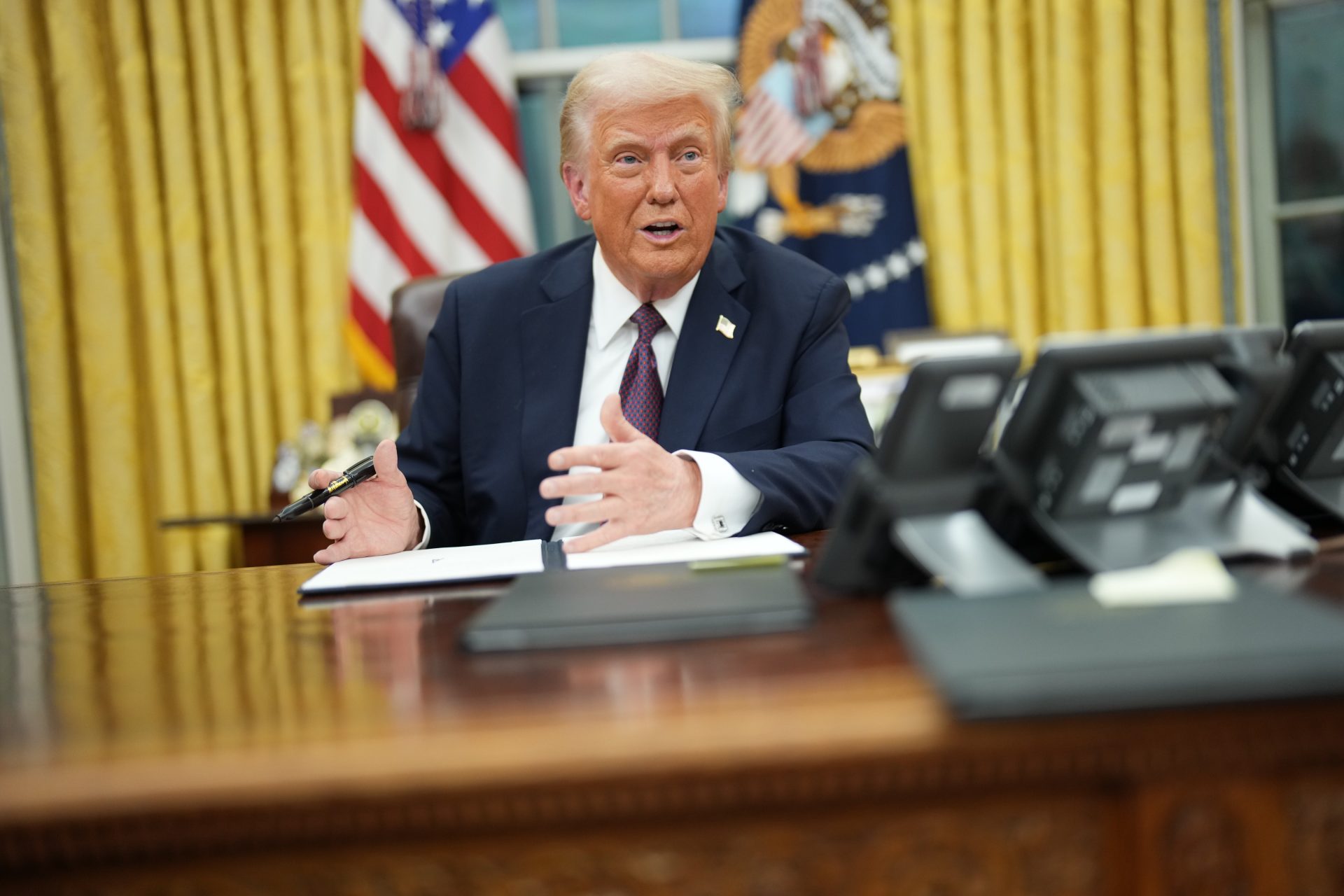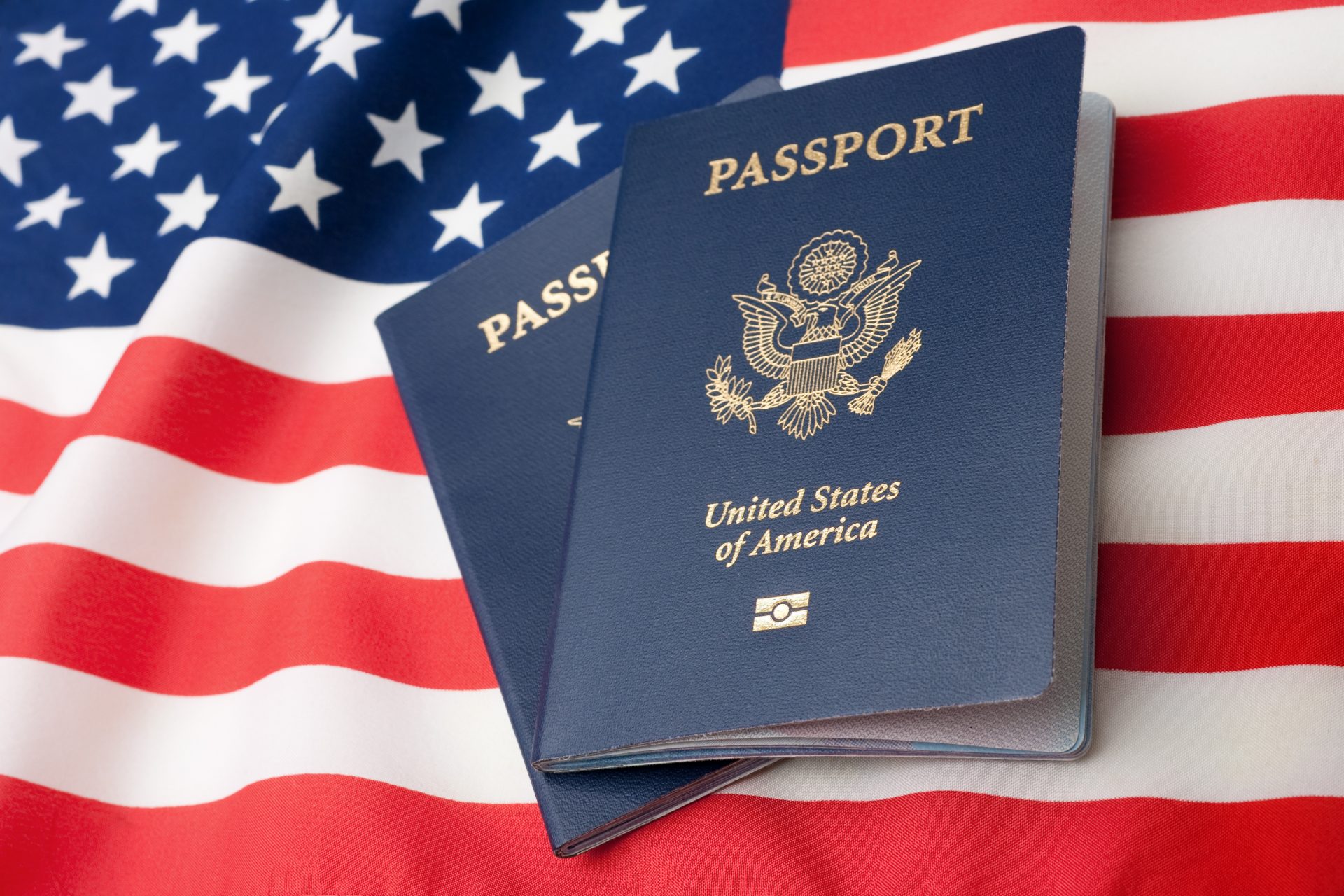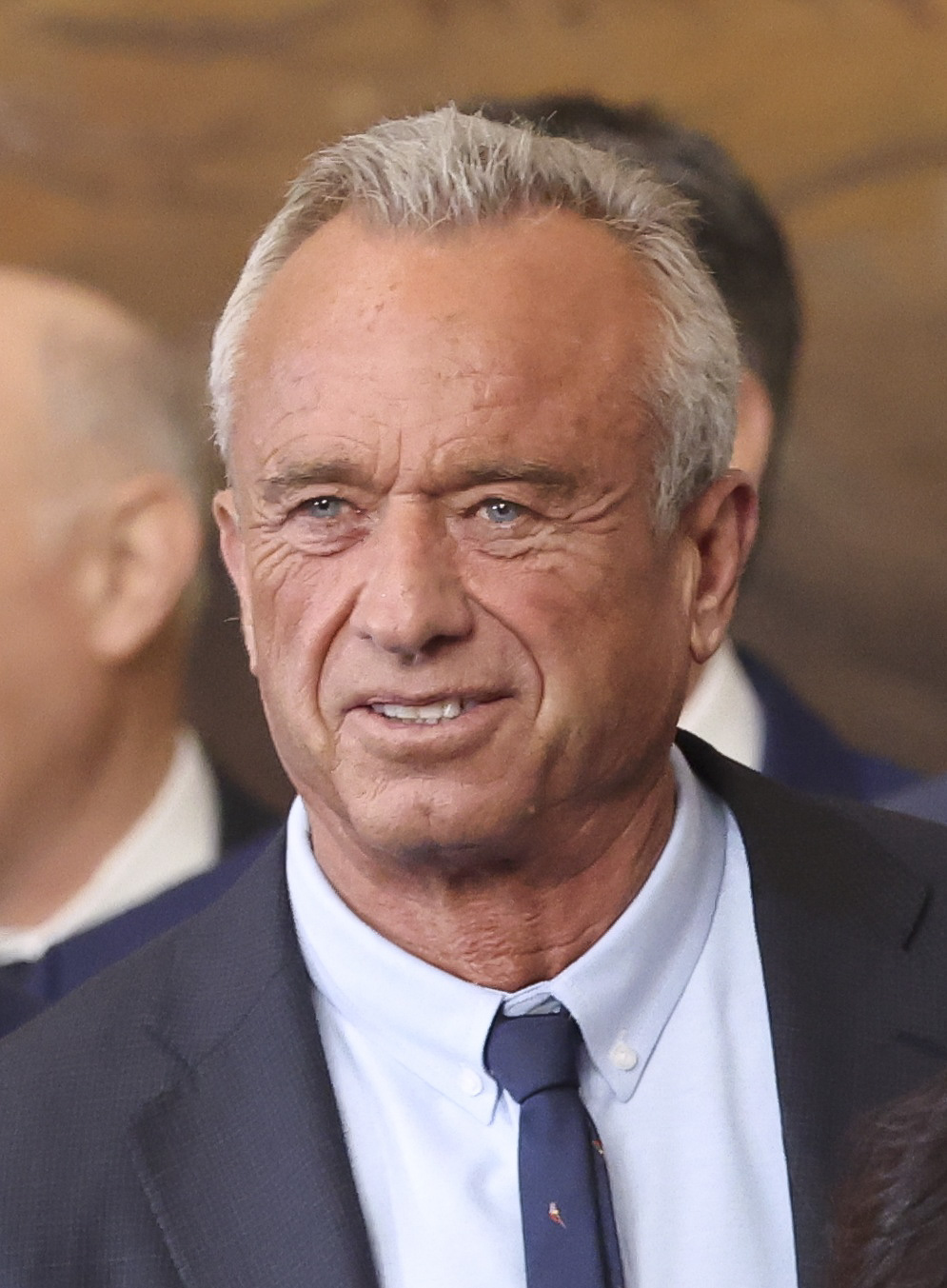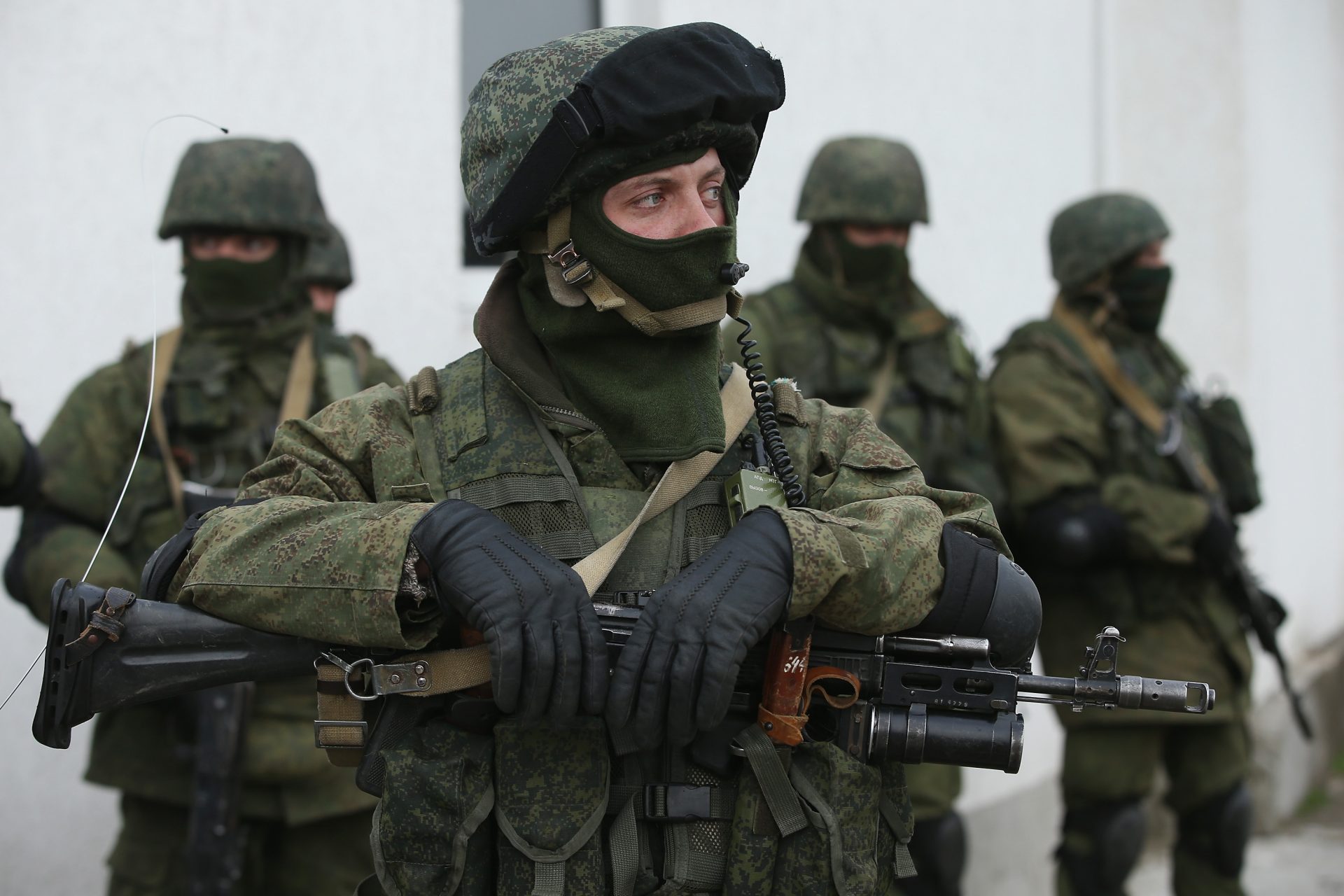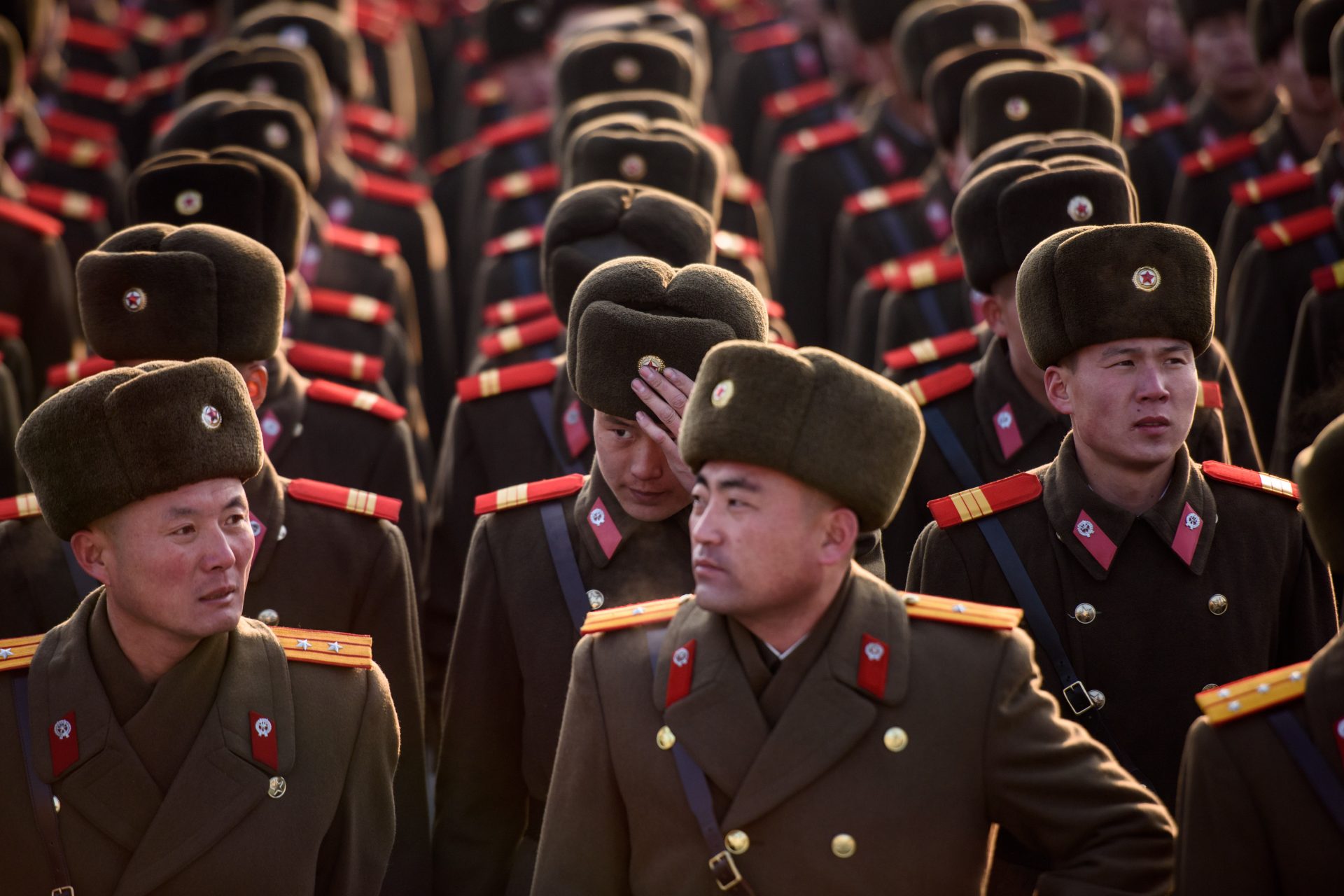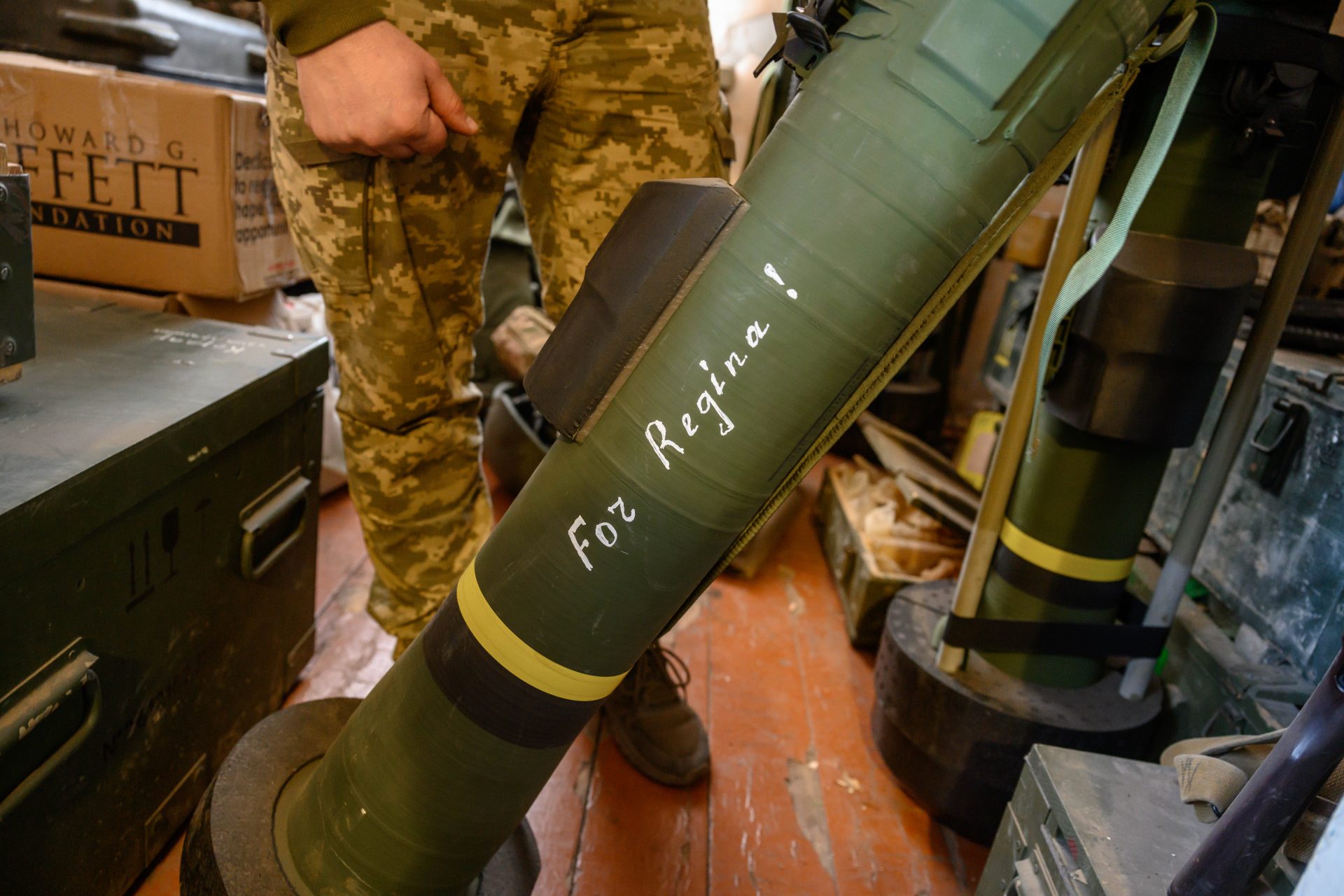NASA Latino astronaut Frank Rubio breaks US record for longest spaceflight
Astronaut Frank Rubio broke the record for the longest spaceflight in US history on September, 11. Rubio has spent 355 days on board the International Space Station.
Rubio is also the first astronaut of Salvadorian origin to travel into space. He was born in 1975 in Los Angeles, California, but is of Salvadorian descent.
On September 21, 2022, he joined the 68 mission aboard the International Space Station (ISS), orbiting the Earth about 250 miles into space. It was his first flight.
Faced with an unforeseen event with their spacecraft, the Russian cosmonauts and Frank Rubio have had to take refuge in the ISS for months.
The accident granted the army helicopter pilot, flight surgeon, and serving NASA astronaut the opportunity to break the US record.
The number will grow to 371 days, as the inconveniences have delayed the return until no earlier than September 27, 2023.
Rubio joined Russian cosmonauts Sergey Prokopyev and Dmitri Petelin on a mission to study crop growth, human health, and liquid behavior in space. The mission was supposed to last around six months.
The crew boarded a Russian Soyuz MS-22 rocket while the rest of the permanent staff of Expedition 68 did the same in an American SpaceX Crew-5.
The Soyuz MS-22 spacecraft was installed on the International Space Station smoothly, but nearly two months later, a micrometeorite impact opened a 0.8-millimeter hole in it, causing a coolant leak.
Their return trip to Earth was suspended. Engineers were concerned that, without coolant, the temperatures inside the capsule would be extremely high upon entering the Earth's atmosphere.
So the Soyuz MS-22 returned to Earth empty, and the Soyuz MS-23 was sent to the International Space Station on February 24, 2023, to rescue the crew.
Still, Rubio only broke a US record: the absolute record corresponds to Russian cosmonaut Valeri Polyakov, who spent 437 in his country's Mir space station between 1994 and 1995.
The US record was previously held by astronaut Mark Vande Hei, who endured a 355-day mission aboard the ISS. His return was delayed because the Russian space agency sent a crew to film a movie last year.
But before Vande Hei, astronaut Scott Kelly held the title. His mission was planned to be extended. He stayed 340 days in space to study its effects on the body. He has an identical twin that remained on Earth.
Image: NASA / Victor Zelentsov
Thanks to that study, Frank Rubio knows that re-adapting when he finally returns home will take time. After so much time in space, his body will lose muscle mass and endure other complications.
In a March interview with Univision, from the ISS, Rubio expressed his desire to return to his family: “If I return sooner, I will be happy to be with my family. They have always supported me and remained positive,” he said.
He explained that his wife, Deborah, his four children, and his mother, who lives in El Salvador, are expecting him. He also thanked them for their support through the years.
Meanwhile, on the ISS, Rubio has continued to conduct scientific experiments on hydroponic and aeroponic crops to study how to obtain food in future missions to Mars or the Moon.
More for you
Top Stories



